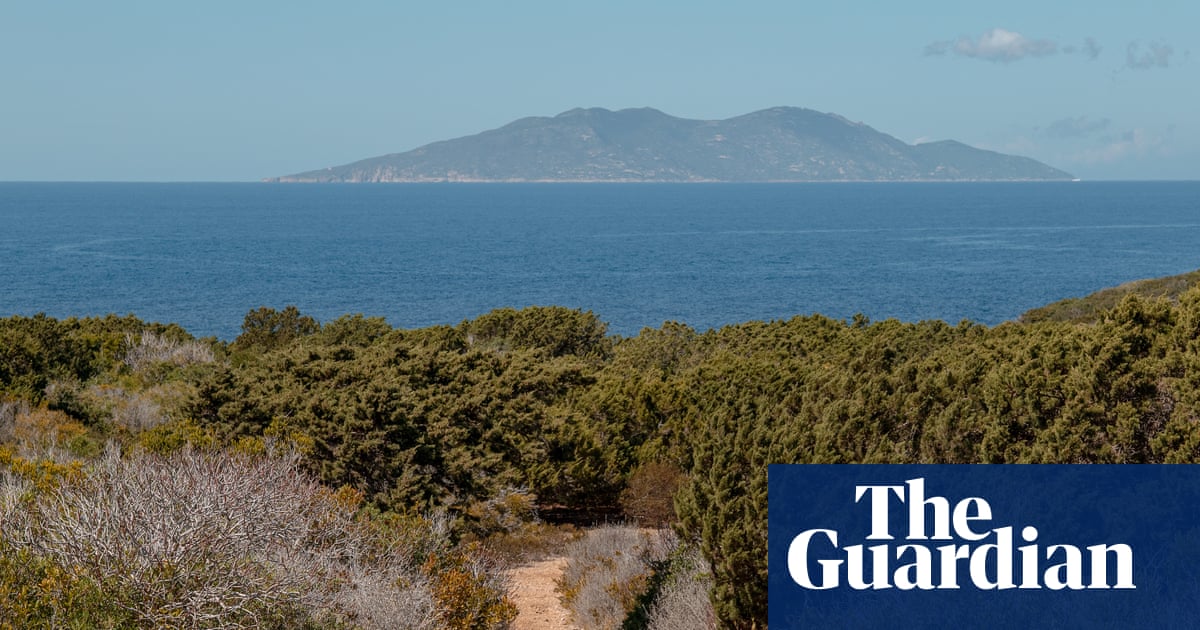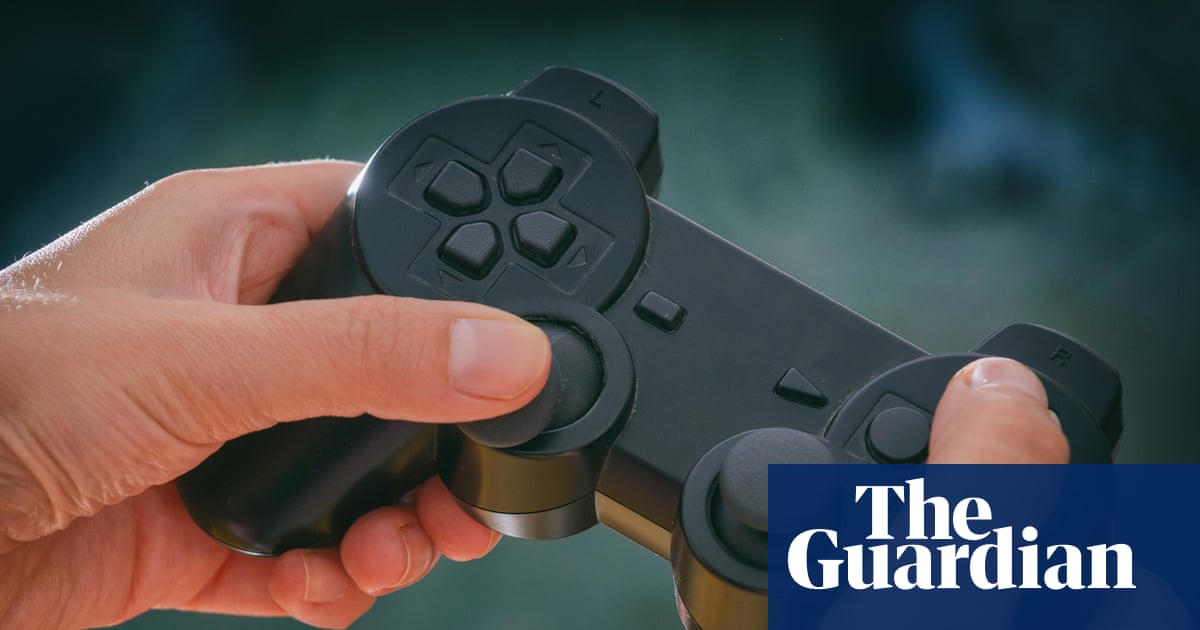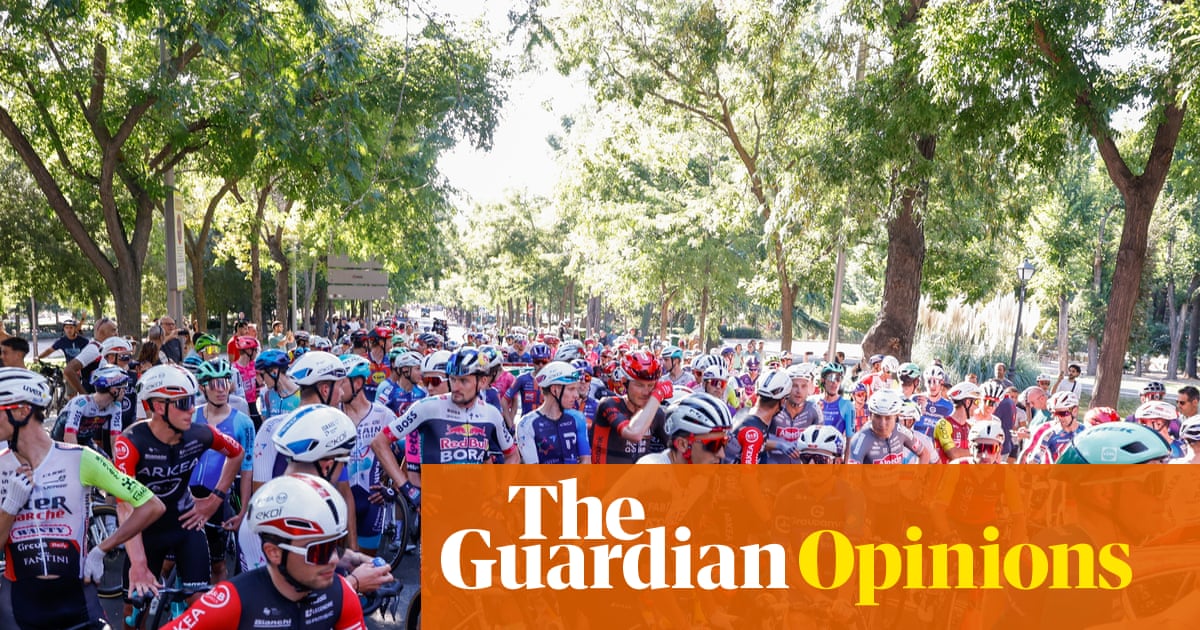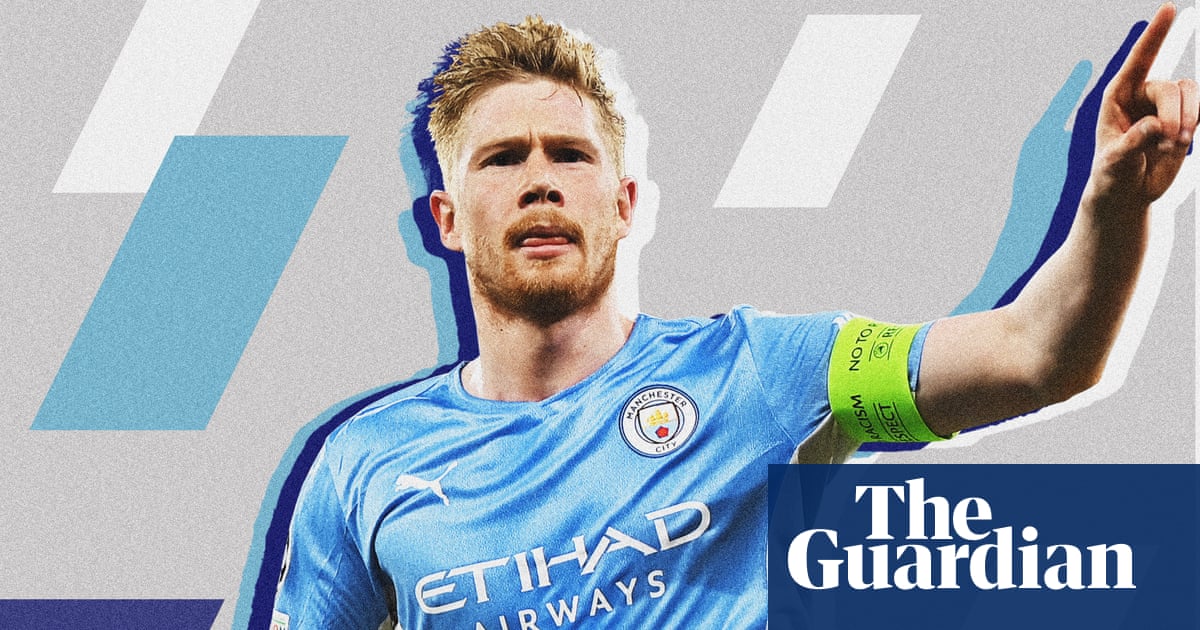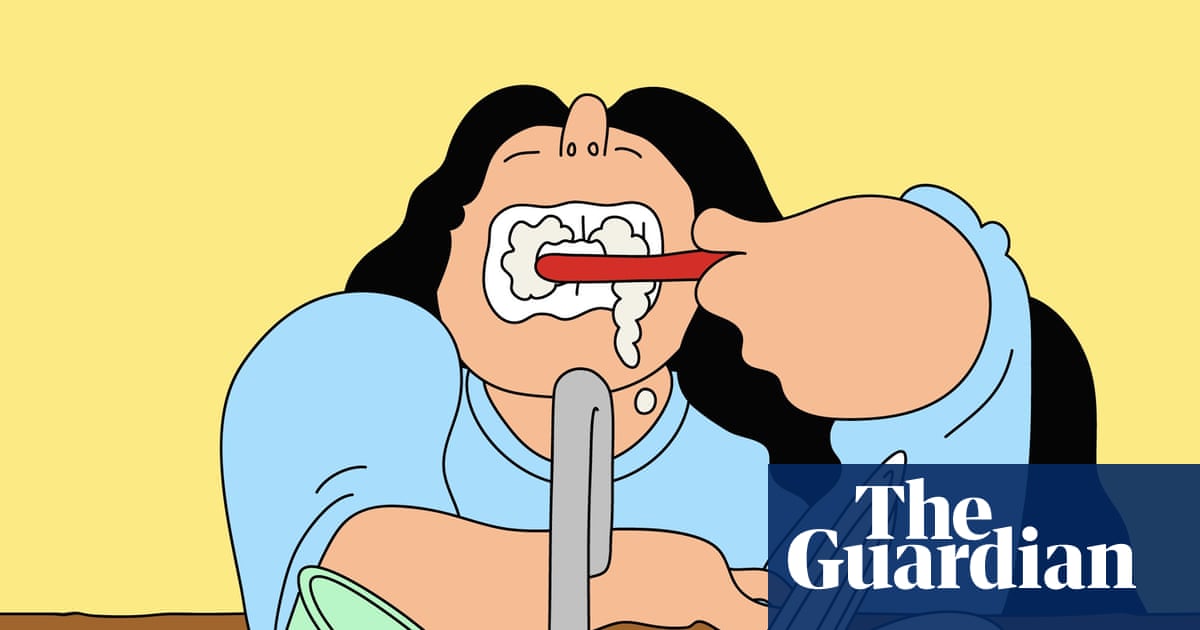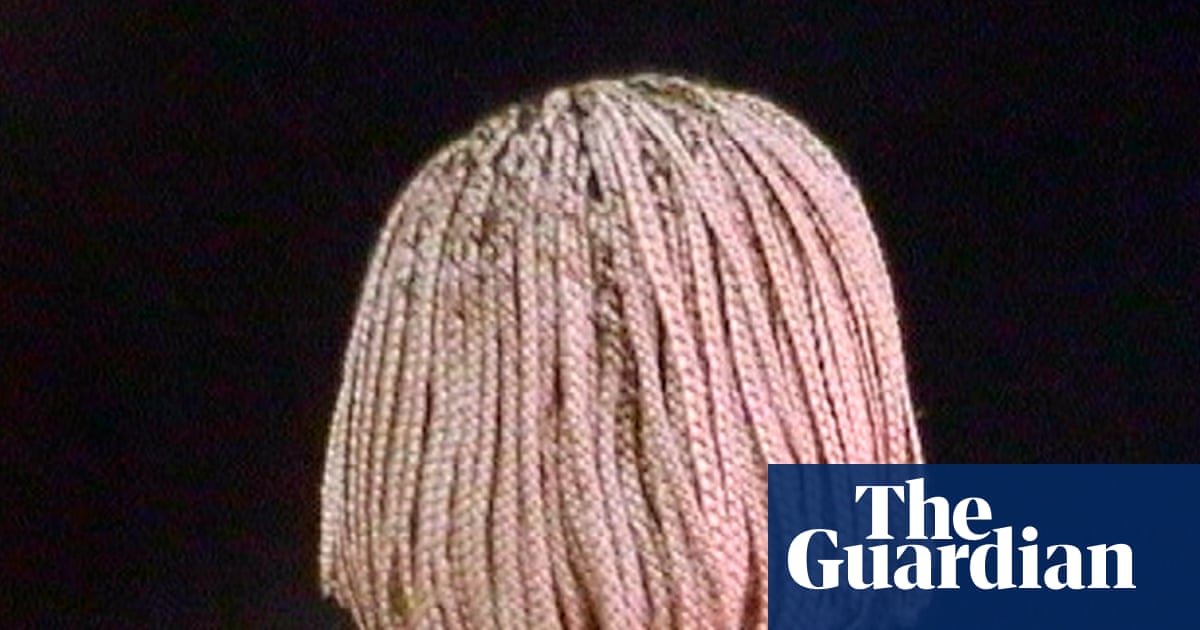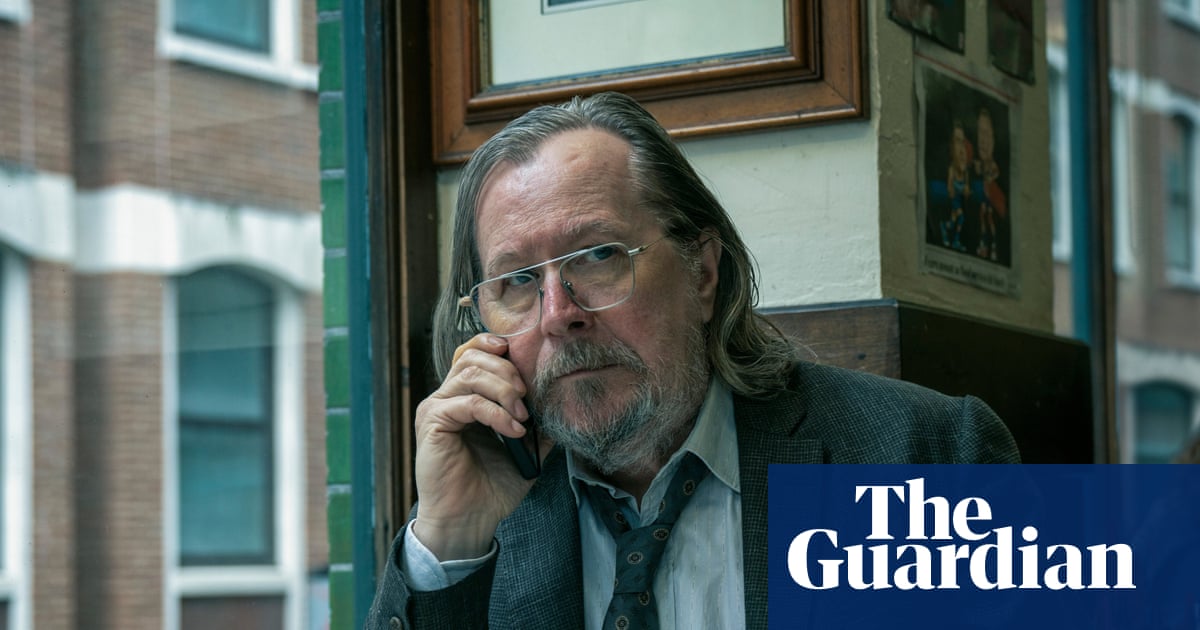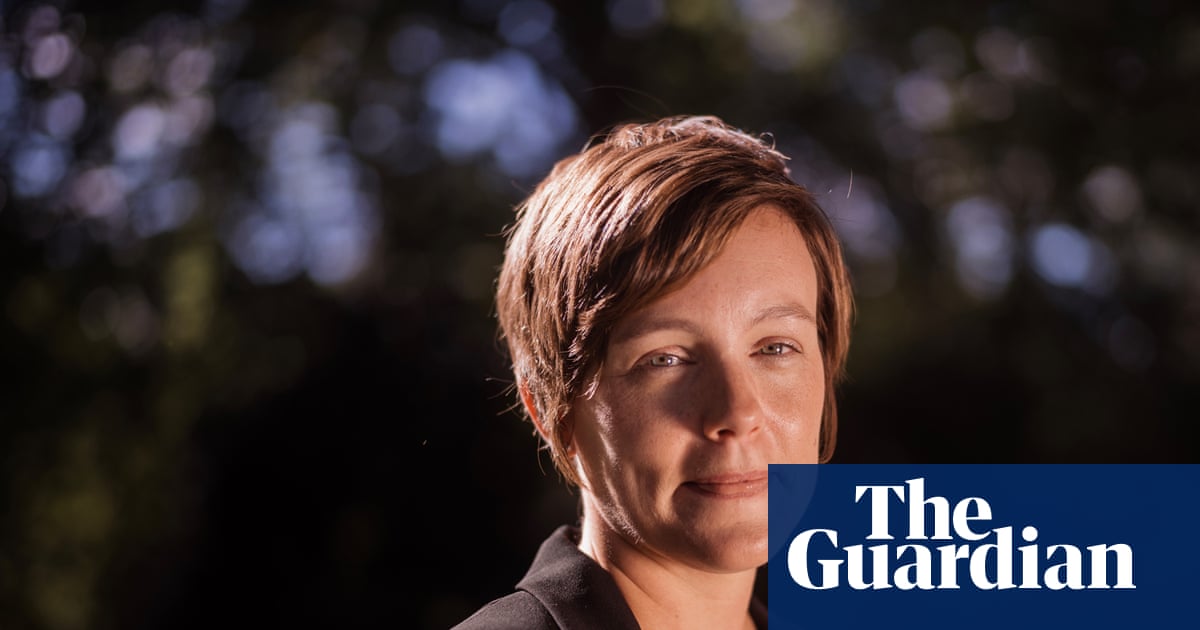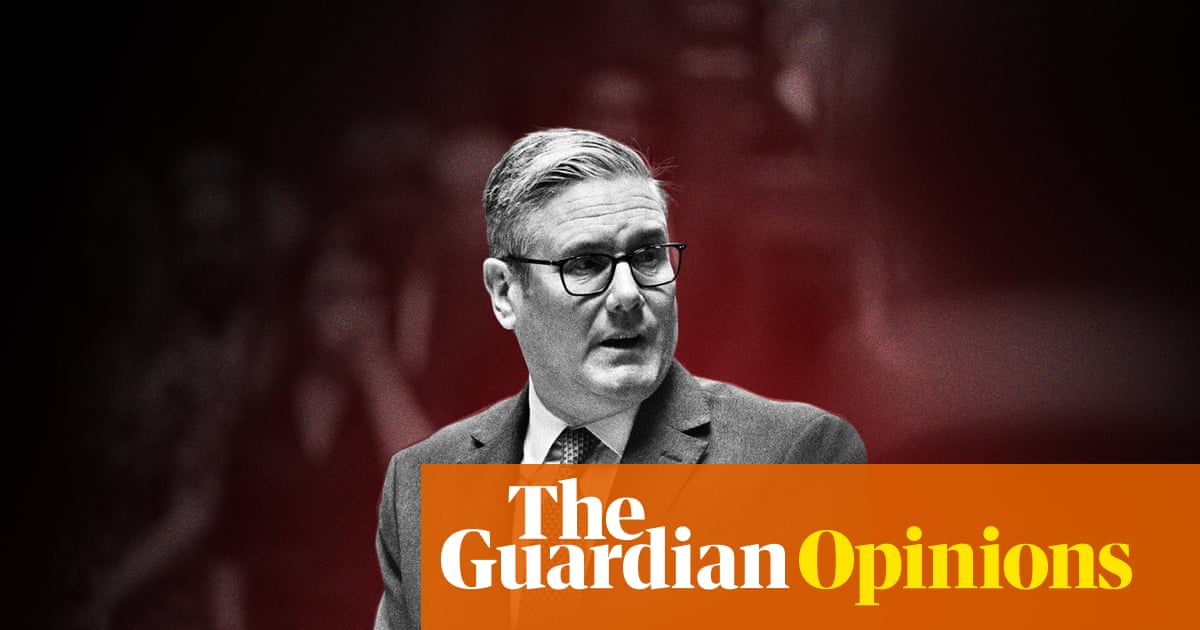Before Casey Johnston started weightlifting, she had assumed it was the preserve of “people who already had some sort of talent or need for it – like you’re a football player, a firefighter or in the military, and you need to be physically capable in that specific way”. Getting started seemed intimidating: the technique, the gym environment.
Cardio, however, had always felt intuitive. “You go out the door and you run until you can’t run any more, and that’s it,” she says. As was the idea that it should be punishing. As a younger woman always obsessively trying to lose weight, she ran half-marathons in sub-zero temperatures and feared eating even the calories burned by any run in case it “undid” her hard work – never mind how cold her extremities and faint her head.
After years on the exertion/deprivation treadmill, Johnston felt like a failure: “Like I’m doing this wrong, or my body is especially difficult to wrangle.” But as a science fiend and engineering graduate, something had started to smell off about the eternal glittering promise of diet and exercise. “If dieting works, where’s the evidence? That was a bit of a watershed moment for me. We’re all so used to taking out a lot of guilt [on ourselves] like, I’m not doing it right.”
Then, in 2014, Johnston came across a Reddit post by a woman sharing how weightlifting had changed her life: that she felt strong – despite “only” doing five reps each of a few movements per gym session – and rested heaps and ate tons. Johnston was doubtful but, sick of the relentless misery of endless runs, found her local spit-and-sawdust gym and had a go. Hunger overwhelmed her: how much she immediately needed to eat to replenish her energy and repair her muscles, and how excited she was to do it all again. “I really did feel different very quickly,” she says.
Johnston, who’s now 38 and lives in Los Angeles, is my equivalent of her Reddit woman. I also started lifting around then, so badly that I soon slipped a disc from rubbish form. When Johnston started writing a column in 2016, for a now defunct website called the Hairpin, she was the font of good sense I needed, not just about technique, but also the importance of eating “like a big beautiful horse”, of disregarding wellness bullshit, self-punishment and pointless gym machines that only target one muscle at a time. She had a captivatingly funny, no-more-nonsense approach and a talent for accessibly interpreting scientific research. (Her canonical investigation on running without a sports bra convinced me to ditch mine, and I’ve never looked back.)
Like many women who grew up in the 2000s, I’d had a purely poisonous relationship with my body since childhood: I have tried every restriction, had a destructive relationship with the MyFitnessPal food-monitoring app, exercised through injury. No one has had a more positive impact on that relationship than Johnston. So I feel a bit starstruck when she appears on my screen from her home office. In 2021 Johnston’s columns became a twice-weekly email newsletter, She’s a Beast. She self-published Liftoff, a pdf intro to lifting. Now her first proper book, A Physical Education, is a memoir of how lifting undid a lifetime not just of restrictive diet and exercise, but of her tendency towards self-diminishment from growing up with an alcoholic father and a mother who prized thinness: “Handling all these weights had taught me to know when I was handling too much,” she writes.
Having read her authoritative, disruptive work for years, I was surprised to learn of her self-doubt, and that she had felt confident to start writing about her discoveries in spite of it. “I developed this compulsion to tell everyone about this thing I had found that changed so fast how I saw myself,” she says. “That working out could be totally different from how everyone talked about it as this horrible chore. While I was not super-confident in myself, I was very confident in the process.”
Johnston grew up in upstate New York, and studied at Columbia University. She graduated in 2010, into the recession. She couldn’t get an engineering job and wound up in the media, writing about technology. Her affinity with “knowing how everything actually works” prompted her to investigate the mechanics behind the muscle. “There is so much beautiful science here that is not leveraged at all,” she says. “I felt like everything I’d heard [about my body] was about shame and guilt and reinforced the mystery of this destructive relationship. When I found out there could be something different, I was like, I gotta understand how all of this works.”
The most immediate discovery was that the cravings Johnston had always thought were normal – and normal to suppress – disappeared once she started eating 50% more to fuel her workouts and recovery. “I could spend an entire day thinking: I want cookies, or I can’t have cookies. When can I have cookies? How will I acquire them? Which cookies will I get?” she says. “I thought that was a normal part of being an adult, to deny your cravings as a way of managing your weight, only to find out that it was a medical symptom of being malnourished from dieting for too long, and not even in a way that’s putting you on death’s door. There’s this middle ground where you’re substantially mentally and emotionally affected – rigid about rules, hyper-vigilant. Once I started eating more, those things went away without me having to be on my toes all the time. Everything about my mental state changed.”
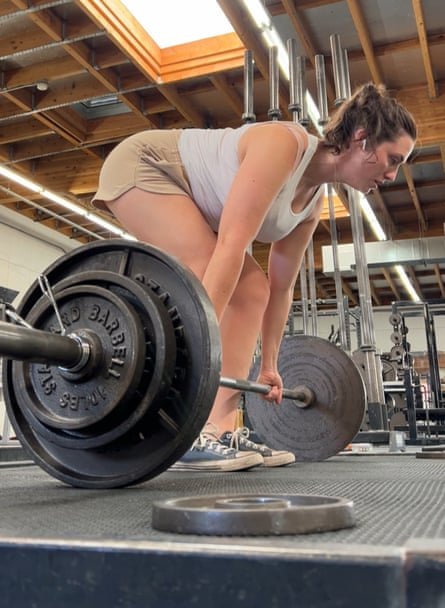
Johnston’s writing about the relative peace to be found in weightlifting hits hard because it was so hard won. In one painful chapter, she tries to introduce it to her mum, a “staunch exerciser” and “dedicated dieter”. She is resistant, especially to eating more than her minuscule calorific intake: “No one likes fat old women.”
Johnston tells her there are plenty of fat old women that people love. Her mum replies: “But they wouldn’t love me.”
Even in the face of hard evidence to the contrary, it’s easy to perceive your unruly body as the exception to healthier approaches: that you alone must overexercise and undereat to avoid some perceived disaster. Johnston has been there.
“When I was at a certain point with dieting, and I wanted to do whatever it takes to be not even hot, but physically acceptable, I didn’t care what anyone said I should or shouldn’t do,” she says. “As a woman, I felt that people judged my appearance before anything else, and I didn’t want that to be the main, valuable thing about myself. To get credit for anything else, I had to manage that first. So I completely understand this mentality of not feeling like you can trust anyone to appreciate you if you don’t manage your appearance. All we can do is help people understand they are worth caring for, which I didn’t understand about myself for a long time. I had no foundation other than suffering in this way, because that was my mom’s relationship to herself. It’s not a moral failing to struggle with this stuff, because so many of us do.”
In a culture that remains fixated on women’s bodies, it’s barely possible not to. For a heartbeat around the turn of the 2020s, it looked as though strong might replace skinny as the new ideal; that body positivity or at least neutrality might become the norm. Then GLP-1 weight-loss drugs like Ozempic and Mounjaro swept in and once-buff celebs reverted to waif-like type, and denied that the drugs had anything to do with it. Will the body ideal always arc back towards skinniness? “If you look back through history, our aesthetic ideals have oscillated a lot,” says Johnston. “And a lot of times, tellingly, things switch up as soon as everyone gets comfortable or has stuff figured out.”
The democratisation of strength training via Instagram and YouTube showed Johnston how happy thousands of people were eschewing thinness as an ideal: “They just didn’t, and still don’t, get the same visibility as the people who sow shame and guilt.” And she’s sceptical about appetite-suppressing drugs. “We have yet to see any pharmaceutical or medical ‘weight-loss’ method reliably bear out as effective, sustainable and lasting. I will be surprised if GLP-1s are the exception.”
A Physical Education is a manifesto for learning to reconnect brain and body, to reclaim that relationship from the billion-dollar diet industry that profits from breaking it, keeping us hungry and insecure. “Lifting was constructive for me because of the atomic unit of it,” says Johnston. “You’re doing a rep or a set, you pause and go, how did that feel? Was that too heavy? Too light? How was my form? The practice of noticing how I felt was something I never had before, and learning to do that within lifting radiated outward into the rest of my life.”
Writing the book allowed Johnston to examine why it’s so easy to lose body awareness to external forces. “The stew of our upbringings and cultural messaging can be very overwhelming, and the feedback loops between them are very difficult to see and challenge,” she says. “It requires having, or building, an immense amount of trust in yourself and in people who actually love and appreciate you, which is exactly what those forces work to destroy. But they wouldn’t be working to destroy it if it weren’t an immensely powerful thing to have. If there is anything that animates me, it’s defiance, so the idea that I’m taking something that many forces don’t want me to have only inspires me to fight harder.”
Johnston’s newsletter readers witnessed her defiance recently when she wrote about weightlifting through her first pregnancy, something women have historically been – incorrectly – uniformly advised against. “As someone who enjoys bullshit detection, cannot stand being talked down to and generally enjoys being angry and indignant, pregnancy is acres of rich, fertile soil to till,” she wrote at the outset. Her son is now five months old. “I heard from readers on both ends of the spectrum,” she says. “‘Good for you that you’re lifting’, and others who are like, ‘You’re actively killing your baby.’ I was excited to write about it and assert my experience, for people to know that I’m not speaking to this in an abstract way.”
Johnston’s work feels to me of a piece with Miranda July’s All Fours (her protagonist also takes up weightlifting) and Lucy Jones’s radical book on pregnancy and motherhood, Matrescence – startling prompts that have allowed many women to escape traditional gender scripts. At the same time, particularly in the US, there’s growing traditionalism around gender and aesthetic norms. It’s a striking schism. Johnston makes sense of it by not trying to make sense of it.
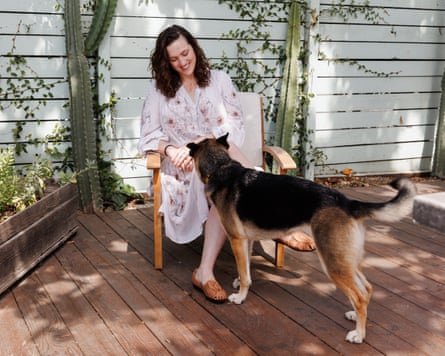
“You don’t need everyone to be doing the same thing for you to be doing what’s right for you,” she says firmly. “So many people suffer for wanting coherence from these disparate groups who are never going to want the same things, but we’re still looking outward for the right answer. That answer is actually to look ye inward. I really suffered for needing to make sense of what everyone is telling me and apply it all, without regard for myself. What I really needed was to develop that regard.”
Johnston’s regard is powerful, and radiates outward. In A Physical Education, she writes about the importance of rest and that limits aren’t “something to be ashamed of”: her evangelism convinced me that I was still wildly overexercising – often 10 times a week – and prompted me to seriously pare back. She never does sponsored content and barely does social media – practically terminal for “building a brand”. After decades of having my brain scrambled by body positivity, Kayla Itsines and protein mania, Johnston’s work feels reassuringly steady, sound – and on your side.
“There’s a lot of opportunities to pivot into courting virality,” she says. “But I understand the much less quantifiable if not more important aspect of feeling like you can trust somebody. I have built credibility by continuing to stay in this lane and say what I’m saying. I think my sheer stubbornness has won people over.”

 3 months ago
203
3 months ago
203


